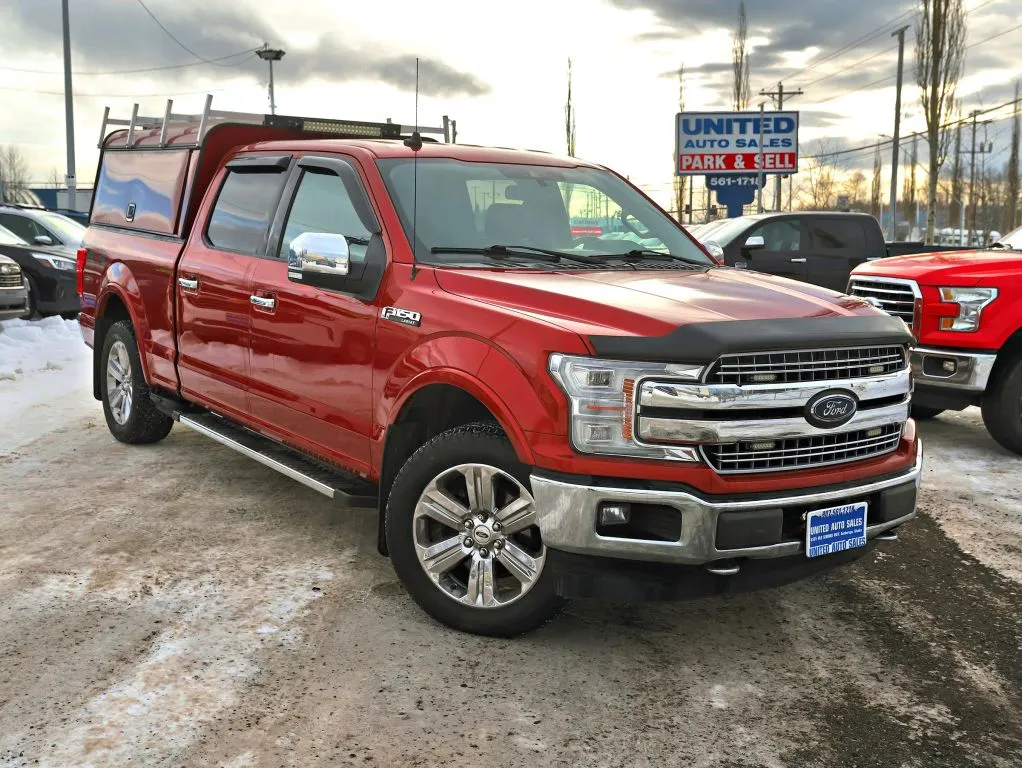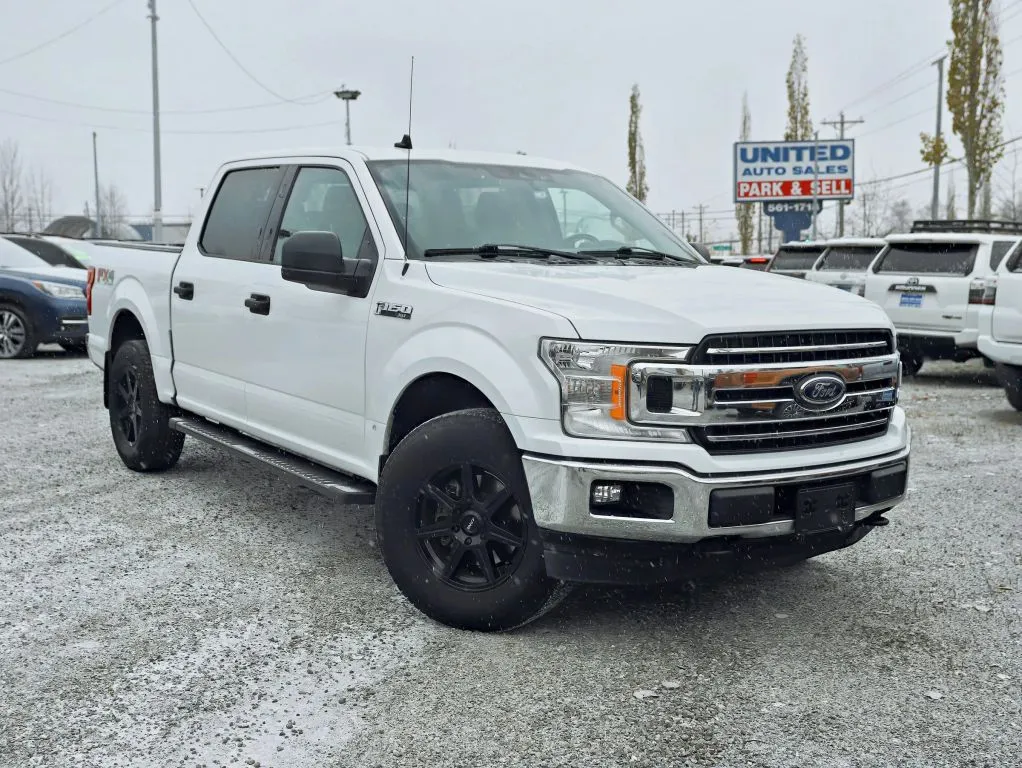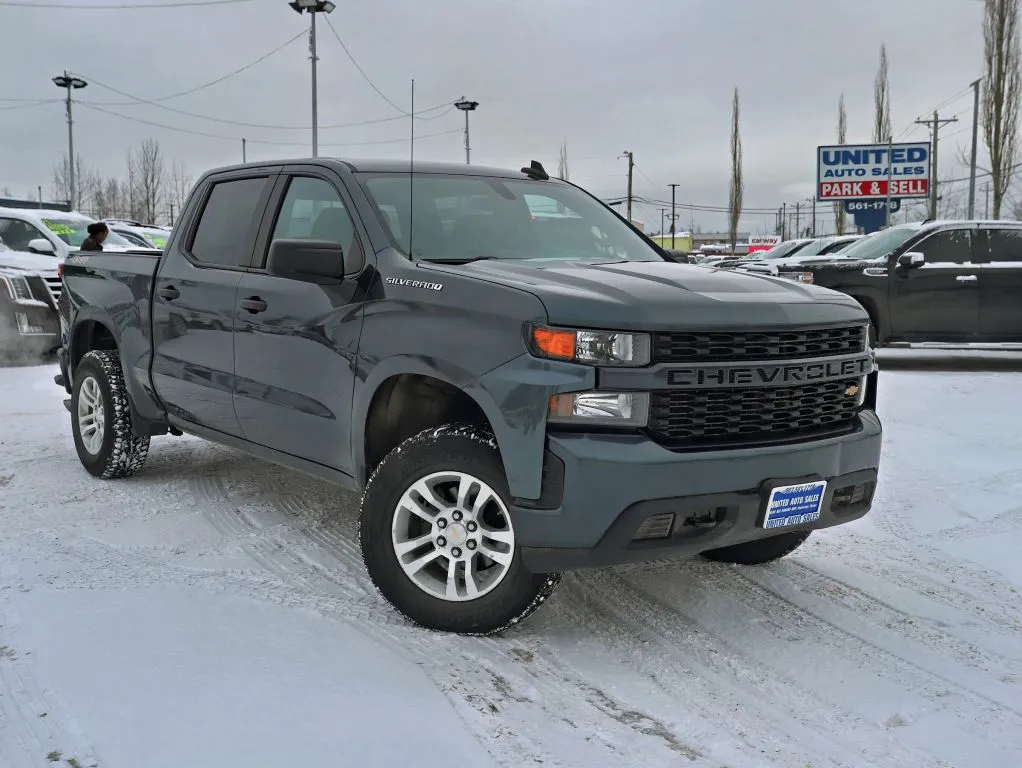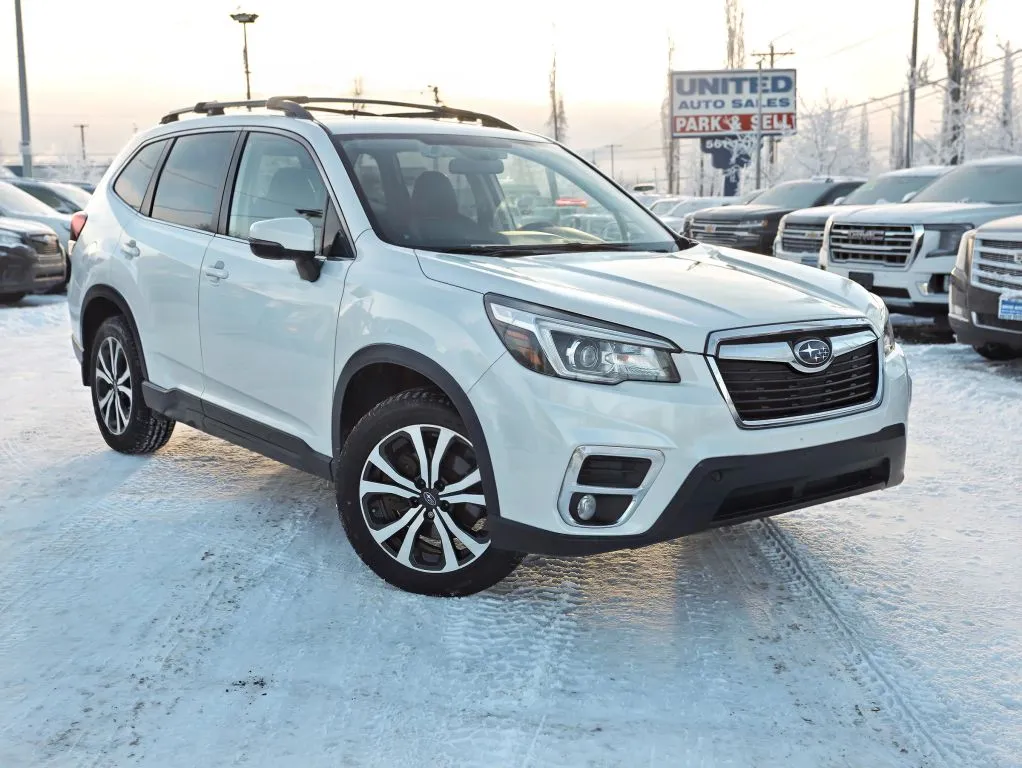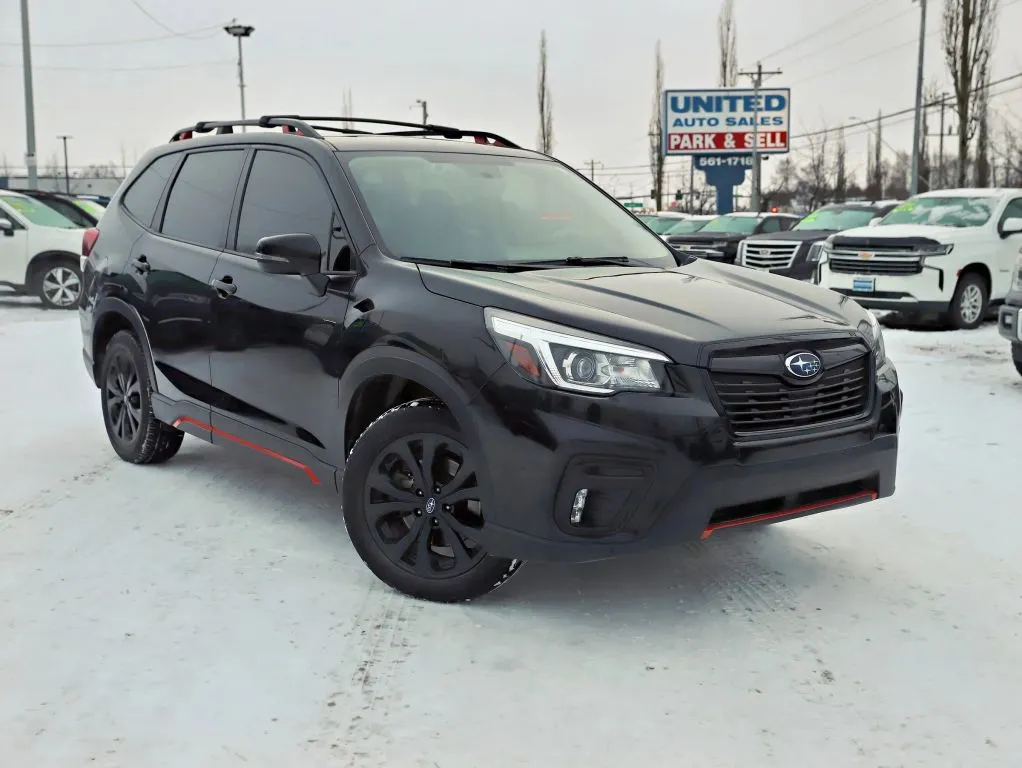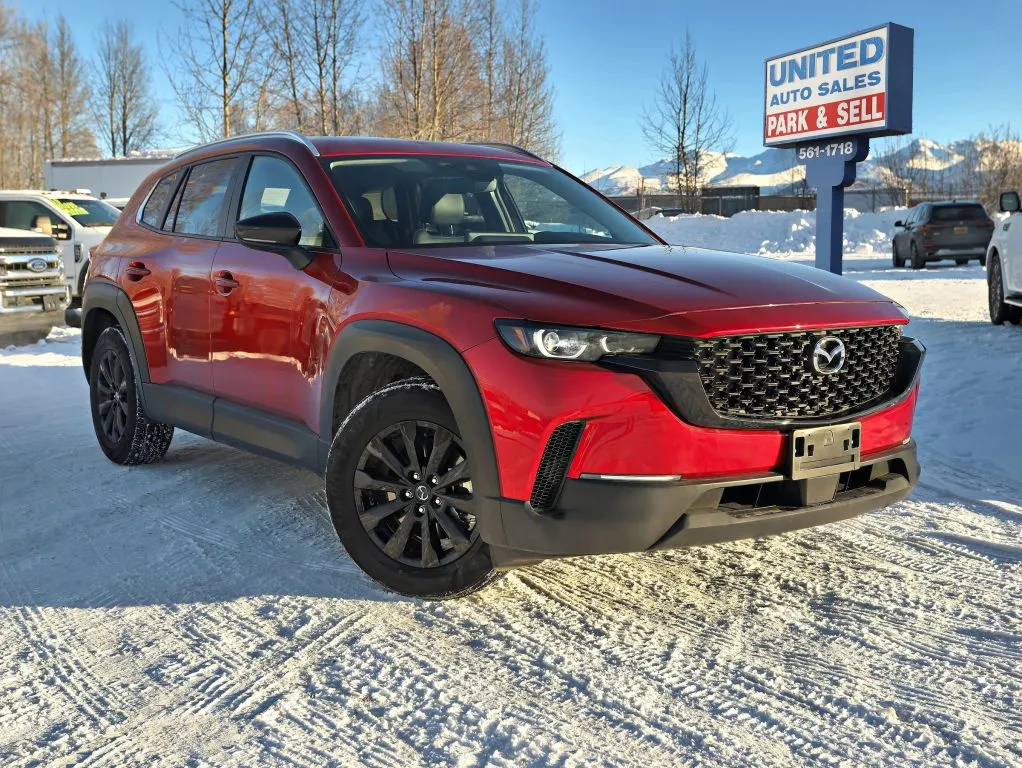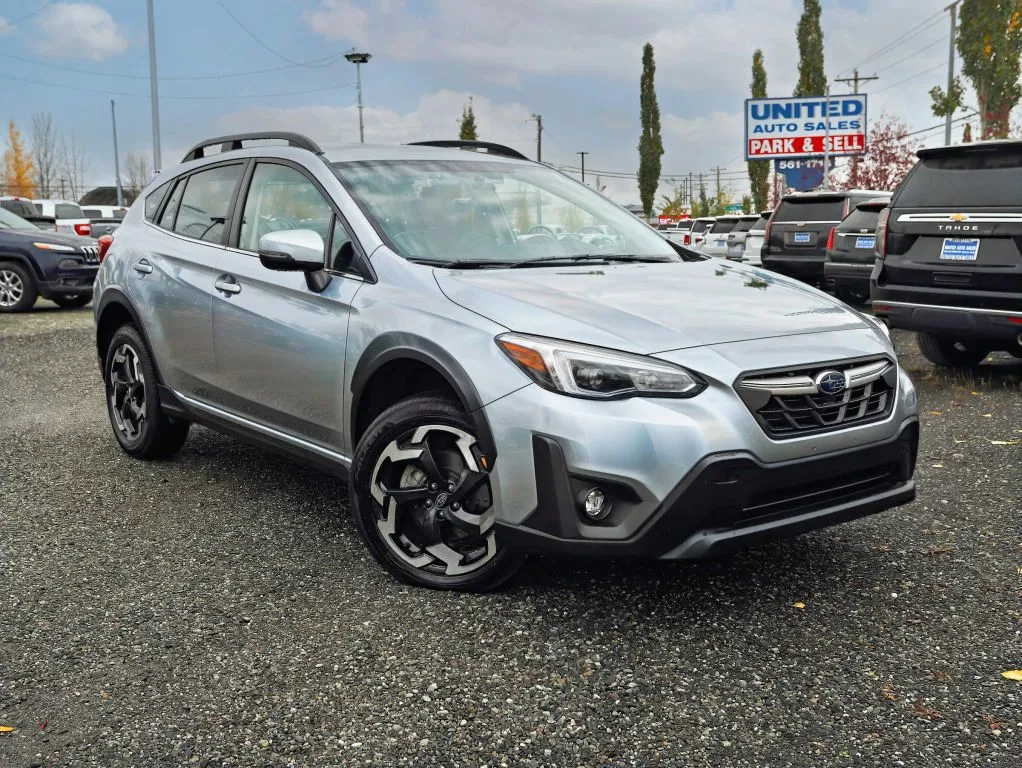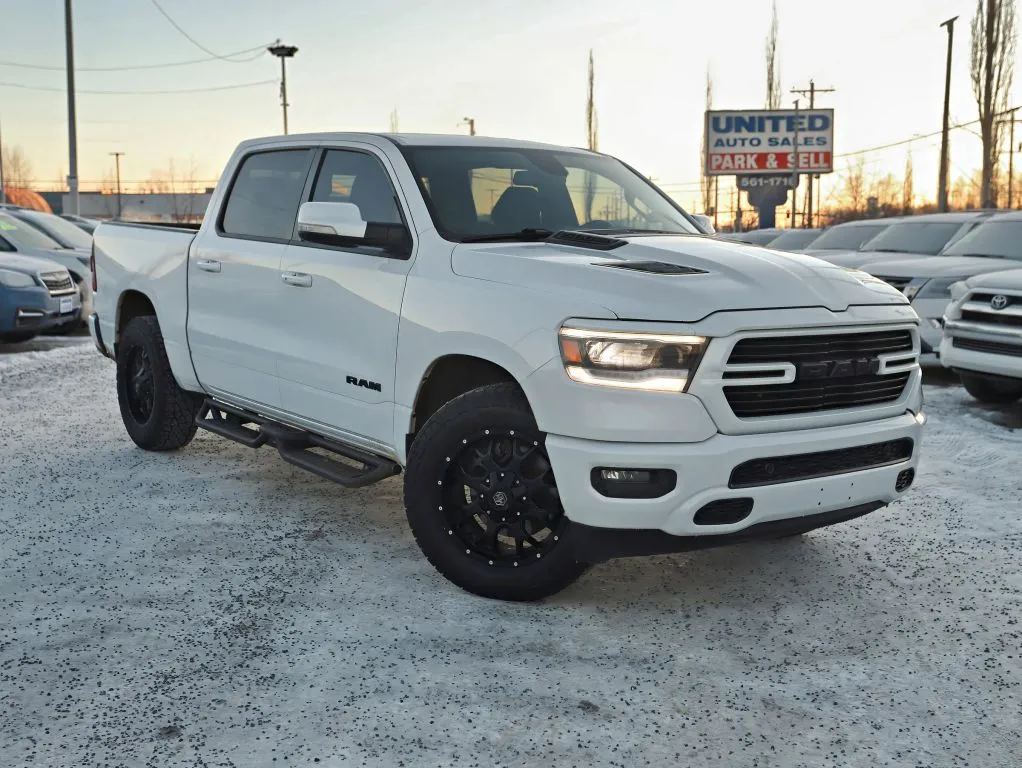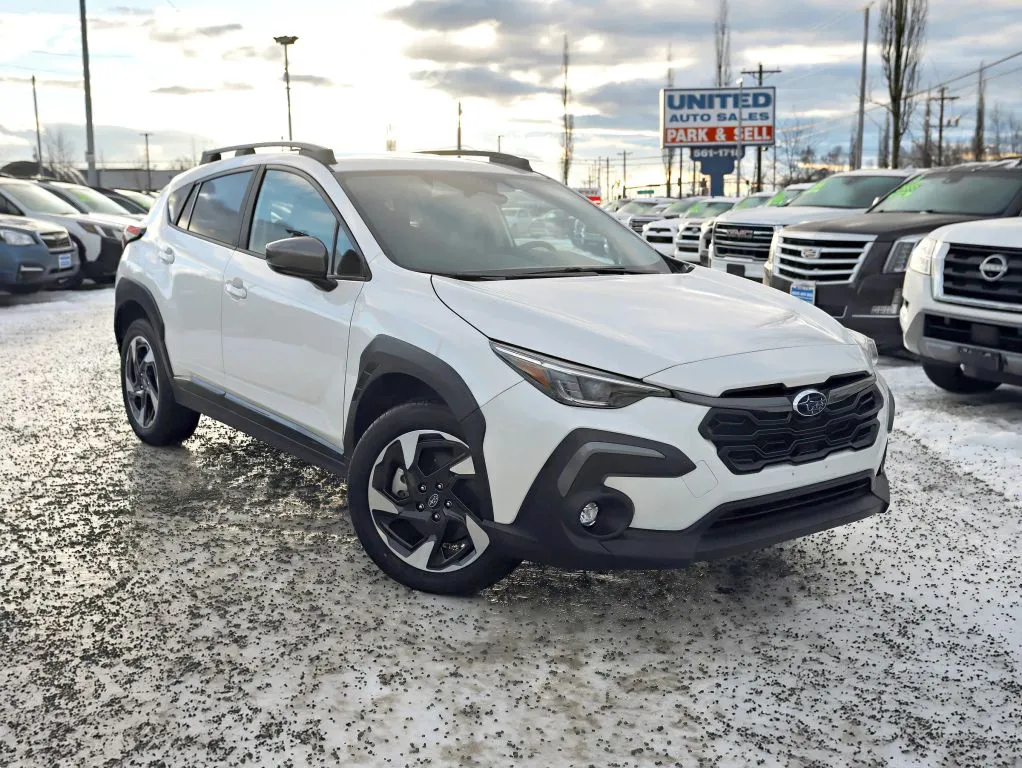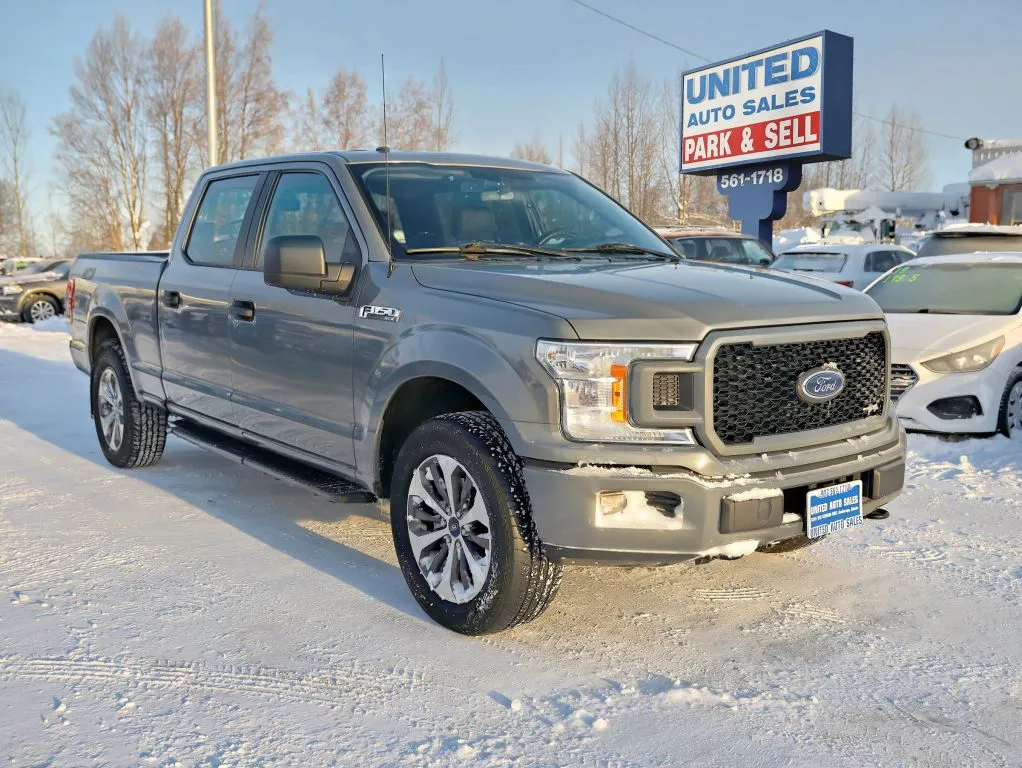New Vs Used Truck: Should I Buy a New Or Used Truck?
Table of Contents
- New Vs Used Truck: The Ultimate Comparison
- Pros of Buying a New Truck
- Latest Technology and Features
- Warranty and Maintenance
- Financing Options
- Resale Value
- Cons of Buying a New Truck
- Higher Initial Cost
- Depreciation
- Insurance Costs
- Pros of Buying a Used Truck
- Lower Purchase Price
- Lower Depreciation
- Insurance Costs
- Variety and Availability
- Proven Reliability and Certified Pre-Owned Options
- Cons of Buying a Used Truck
- Potential for Higher Maintenance Costs
- Lack of Latest Features
- Uncertainty about History
- Should I Buy a New Or Used Truck? Factors to Consider!
- Budget:
- Intended Use:
- Resale Value:
- Mileage and Condition:
- Availability of Options:
- Technology and Safety Features:
- Environmental Considerations:
- Cost Analysis: New Vs Used Truck
- Financing Options: New Vs Used Truck
- Financing OptiBuyer's Guide: New Vs Used Truck
- Checklist for Buying New Trucks:
- Checklist for Buying Used Trucks:
- Conclusion - Is It Better To Buy a New Or Used Truck?
- Frequently Asked Questions
Choosing between a new or used truck involves more than just comparing sticker prices; it's a decision that affects your financial future and everyday satisfaction with your vehicle. Imagine you are standing at a dealership, looking at two trucks side-by-side: one brand new with a shiny finish and a tempting array of the latest features, and the other a few years old, priced significantly lower but with an unknown history. Which truck would you choose to take off the lot?
This scenario highlights the crucial dilemma many truck buyers face: Should I buy a new or used truck? This blog post aims to unpack this decision, offering insights into the financial and practical implications of both options. We'll delve into the pros and cons of new vs used trucks, discuss financing options, provide buyer's guides for both choices and analyze long-term cost considerations. By the end of this post, you'll be equipped with the knowledge to make an informed choice that best fits your needs and budget.
New Vs Used Truck: The Ultimate Comparison

Pros of Buying a New Truck
Latest Technology and Features
When opting for a new truck, one of the most compelling advantages is access to the latest technology and features. Modern trucks come equipped with advanced safety systems, such as automatic braking and lane-keeping assistance, enhanced fuel efficiency, and improved connectivity features, including smartphone integration and GPS tracking. These innovations not only enhance the driving experience but also contribute to better overall operational efficiency and safety standards.
Warranty and Maintenance
Buying a new truck often comes with the assurance of a comprehensive manufacturer's warranty. This warranty typically covers most major components and repairs for an extended period, reducing the maintenance burden and unexpected repair costs. Furthermore, new trucks are less likely to require frequent maintenance, thanks to new parts and the latest engineering advancements.
Financing Options
Manufacturers and dealerships frequently offer attractive financing options for new trucks, including lower interest rates, cash rebates, and flexible leasing agreements. These incentives can make purchasing a new truck more accessible and financially viable, especially for businesses looking to expand their fleets without a substantial upfront expenditure.
Resale Value
Although new trucks experience higher initial depreciation—often losing a significant portion of their value within the first few years—they tend to maintain a better long-term resale value. For truck owners who plan on upgrading their vehicles periodically, this factor can mitigate some of the depreciation losses when it's time to sell.
Cons of Buying a New Truck
Higher Initial Cost
The most significant drawback of purchasing a new truck is the higher initial cost. New trucks are considerably more expensive than their used counterparts, which can be a prohibitive factor for small businesses or individuals on a tight budget.
Depreciation
New trucks depreciate rapidly, with a significant percentage of their value diminishing in the first few years after purchase. This steep depreciation can be a financial setback for buyers who invest a large amount in a new truck, only to see its market value plummet soon after.
Insurance Costs
Insurance premiums for new trucks are generally higher than for used trucks. The higher value of new trucks, coupled with the cost of replacing high-tech components, contributes to increased insurance costs, which can add up over time.
Pros of Buying a Used Truck
Lower Purchase Price
The primary advantage of purchasing a used truck is the lower initial investment required. Used trucks are much more affordable, which can make them an attractive option for buyers with limited budgets or those looking to get more value for their money by purchasing a higher-spec model for the same price as a basic new model.
Lower Depreciation
Used trucks have already undergone the most significant depreciation phase. New owners of used trucks will not face the sharp decline in value that occurs in the first years following a new purchase, making used trucks a potentially smarter investment in terms of depreciation.
Insurance Costs
Lower insurance premiums are another benefit of buying used. Since used trucks have a lower replacement value than new trucks, the cost to insure them is correspondingly less, which can result in substantial savings over time.
Variety and Availability
The used truck market offers a wide variety of models, including some that may no longer be in production. This variety allows buyers to select trucks that meet specific needs or preferences that might not be available in the current new truck market.
Proven Reliability and Certified Pre-Owned Options
Many used trucks have established reliability, having been tested over years of service. Furthermore, certified pre-owned (CPO) trucks provide an additional layer of security. CPO programs offer trucks that have been rigorously inspected, repaired, and certified by the manufacturer or dealer, often coming with an extended warranty that can rival new-truck offers.
Cons of Buying a Used Truck
Potential for Higher Maintenance Costs
The potential for higher maintenance and repair costs is a significant downside to buying used. Older trucks may require more frequent repairs, and parts may be harder to find or more expensive, especially for models no longer in production.
Lack of Latest Features
Used trucks typically lack the latest technology and safety features, which can be a drawback for buyers looking for modern amenities and the highest safety standards.
Uncertainty about History
Purchasing a used truck with an unclear history always carries a certain level of risk. Hidden damage, previous accidents, or poor maintenance can lead to future problems that are not immediately apparent, posing a risk to both the buyer's investment and the vehicle's reliability.
Should I Buy a New Or Used Truck? Factors to Consider!

When contemplating the decision of buying a new truck vs used, there are several key factors to consider that go beyond just the initial price. Understanding these factors can help potential buyers make a more informed choice that aligns with their needs, budget, and long-term expectations.
Budget:
Budget is often the most immediate factor when considering whether to purchase a new or used truck. New trucks come with the latest features, technology, and the peace of mind of a manufacturer's warranty but at a significantly higher cost. On the other hand, used trucks for sale often come with a more budget-friendly price tag. These vehicles often come at a lower price point, allowing buyers to either save money or allocate funds towards customization or upgrading the truck's features. However, it’s crucial to factor in potential hidden costs such as repairs and maintenance, which are generally more frequent and costly in used trucks.
Intended Use:
The intended use of the truck plays a critical role in deciding whether to buy new or used. For personal use, where the truck may not face rigorous daily demands, a used truck could be a practical and economical option. Conversely, for business purposes, where reliability, performance, and presentation are paramount, investing in a new truck might be more beneficial. New trucks are less likely to require frequent maintenance and can handle the heavy usage that business operations often demand without the downtime associated with older models.
Resale Value:
The resale value is another important consideration. New trucks depreciate quickly; a new truck can lose a significant portion of its value within the first year of ownership. However, they generally maintain a better long-term resale value compared to older models if kept in good condition. Used trucks, while cheaper initially, might depreciate at a slower rate but start from a lower base. For those looking at a truck as an investment or considering resale in the near future, understanding these trends can impact financial decision-making.
Mileage and Condition:
When it comes to used trucks, mileage and condition are paramount. High mileage can be a sign of significant wear and tear, which might lead to expensive repairs or replacements down the line. It's essential to get a thorough inspection by a qualified mechanic before purchasing a used truck to assess potential future expenses. Even with lower mileage, the general condition of the truck, including engine status, tire wear, and interior erosion, should be carefully evaluated.
Availability of Options:
New trucks offer the latest models with customizable options straight from the manufacturer. Buyers can select from a variety of features, colors, and add-ons that meet their specific needs. Used trucks offer fewer customization options, as they come as-is, but the market for used trucks is vast with a wide range of models and configurations. This could be beneficial for those seeking a particular model or set of features that are no longer produced.
Technology and Safety Features:
New trucks are equipped with the latest technology and safety features. These can include advanced driver-assistance systems (ADAS), better fuel efficiency, and connectivity features, which are not only convenient but can also enhance the safety of the vehicle. Used trucks might lack these updates, making new trucks more appealing to those for whom safety and technology are priorities.
Environmental Considerations:
Newer models are often more environmentally friendly, adhering to the latest emissions standards. This is an important consideration for both personal preferences and compliance with regulatory standards, particularly in industries where environmental impact is monitored.
Cost Analysis: New Vs Used Truck
A detailed cost analysis reveals that each choice has its unique financial implications over time. Initially, the purchase price of new trucks is significantly higher than that of used ones. For instance, a new truck might cost $50,000, while a similar model, a few years old, could be priced at $30,000. However, the costs extend beyond the sticker price.
Maintenance expenses are generally lower for new trucks during the initial years due to fewer wear-and-tear issues and the inclusion of warranties. For a new truck, assume annual maintenance costs of about $500, increasing as the vehicle ages. In contrast, a used truck might start with maintenance costs of around $1,000 per year, which could escalate as more issues arise.
Insurance rates for new trucks are typically higher due to their greater value. For example, insurance might cost $1,200 per year for a new truck versus $800 for a used one. Depreciation is another critical factor; new trucks depreciate about 20% in the first year and continue to depreciate, while used trucks depreciate at a slower rate due to their lower initial cost.
Considering a 5-year period, the total cost of ownership for a new truck might sum up to $67,500, factoring in depreciation, insurance, and maintenance. For a used truck, this might total around $45,000, making it a more cost-effective option over time, though potentially less reliable. This scenario underscores the importance of evaluating both upfront costs and long-term expenses when deciding between a new and used truck.

Financing Options: New Vs Used Truck
Financing a new truck often comes with appealing incentives like lower interest rates, extended terms, and sometimes even cash-back offers from manufacturers looking to boost sales. Typically, buyers can expect financing terms from 36 to 72 months with interest rates potentially as low as 0% during promotional periods. This makes financing a new truck attractive for those who qualify for these deals based on their credit scores.
Financing a used truck can be a bit more complex. Interest rates for used trucks are generally higher, reflecting the increased risk to lenders due to the vehicle's age and potential for higher maintenance costs. Financing terms might also be shorter, which could result in higher monthly payments. Potential buyers should be vigilant about the truck's condition and history, as issues like previous accidents or high mileage can not only affect the financing terms but also lead to larger costs down the road. Thus, it's crucial to thoroughly check the vehicle's background and ensure a comprehensive inspection before finalizing any deal.
Financing OptiBuyer's Guide: New Vs Used Truck
When considering buying a new truck vs used, it's essential to approach each option with a tailored strategy to ensure you get the best value and performance for your needs.
Checklist for Buying New Trucks:
- Set a Budget: Before you begin shopping, determine how much you can afford to spend, taking into account potential financing options and ongoing costs.
- Research Models: Investigate which truck models offer the reliability, features, and performance you need. Consider reading professional reviews and consumer ratings.
- Evaluate Features: Decide which features are must-haves and which are nice-to-haves, such as towing capacity, fuel efficiency, and technology packages.
- Seek Offers: Look for discounts, rebates, and special financing rates offered by dealerships and manufacturers.
- Negotiate: Remember that the sticker price isn't final. Discuss terms and seek the best deal possible.
Checklist for Buying Used Trucks:
- Detailed Inspection: Have the truck inspected by a qualified mechanic to check for mechanical issues, rust, and wear and tear.
- Request History Report: Obtain a detailed vehicle history report to learn about any past accidents, service history, and previous ownership.
- Verify Mileage: Check that the mileage is consistent with the truck’s age and condition.
- Ask Probing Questions: Inquire about the truck's previous usage, any significant repairs, and the reason for its sale.
- Take a Test Drive: Always test drive the truck to assess its performance and ensure it meets your expectations.
Whether exploring used trucks for sale or considering a brand-new model, following these guidelines will help you make an informed and confident decision.
Conclusion - Is It Better To Buy a New Or Used Truck?
In deciding whether to buy a new vs used truck, the choice largely depends on individual preferences and circumstances. Purchasing a new truck offers the advantage of the latest technology, warranty coverage, and the peace of mind of being the first owner. However, these benefits come with a higher price tag and steeper depreciation rates.
On the other hand, opting for a used truck can be significantly more cost-effective, allowing buyers to avoid the initial depreciation while still acquiring a vehicle that meets their needs. A used truck might also offer higher-end features at a lower cost than a new model. Ultimately, the decision should be based on factors such as budget, usage requirements, and personal comfort with potential maintenance issues. Careful consideration and thorough research can help ensure that whether new or used, the truck you choose is the right investment for your needs.
At United Auto Sales in Anchorage, Alaska, we specialize in offering top-quality used trucks. Find your perfect vehicle with us and drive away with confidence.
Contact United Auto Sales today or visit our website to view our inventory!
Frequently Asked Questions
Q.1 Is it better to buy a brand-new truck or a used one?
Ans Choosing between a brand-new truck and a used one depends on your budget, usage, and preference for the latest features. A new truck offers modern technology and a full warranty but at a higher cost. A used truck is more affordable and may be sufficient for your needs, but could have higher maintenance costs.
Q.2 Is buying a used truck a good investment?
Ans Buying a used truck can be a good investment if you select a well-maintained model and understand the potential for higher maintenance costs. It offers initial cost savings and slower depreciation compared to a new truck, making it a practical choice for budget-conscious buyers needing reliable transportation.
Q.3 What is the best age for a used truck?
Ans The best age for a used truck is typically between 3 to 5 years old. At this age, trucks have likely experienced significant depreciation, making them more affordable, yet they still retain much of their reliability and lifespan, especially if they have been well-maintained and have lower mileage.
Q.4 At what mileage should I get a new truck?
Ans Consider getting a new truck when your current one reaches around 200,000 to 300,000 miles, as this is when major components often start failing, leading to costly repairs. Additionally, consider upgrading if newer models offer significantly better technology, fuel efficiency, or safety features that justify the investment.

